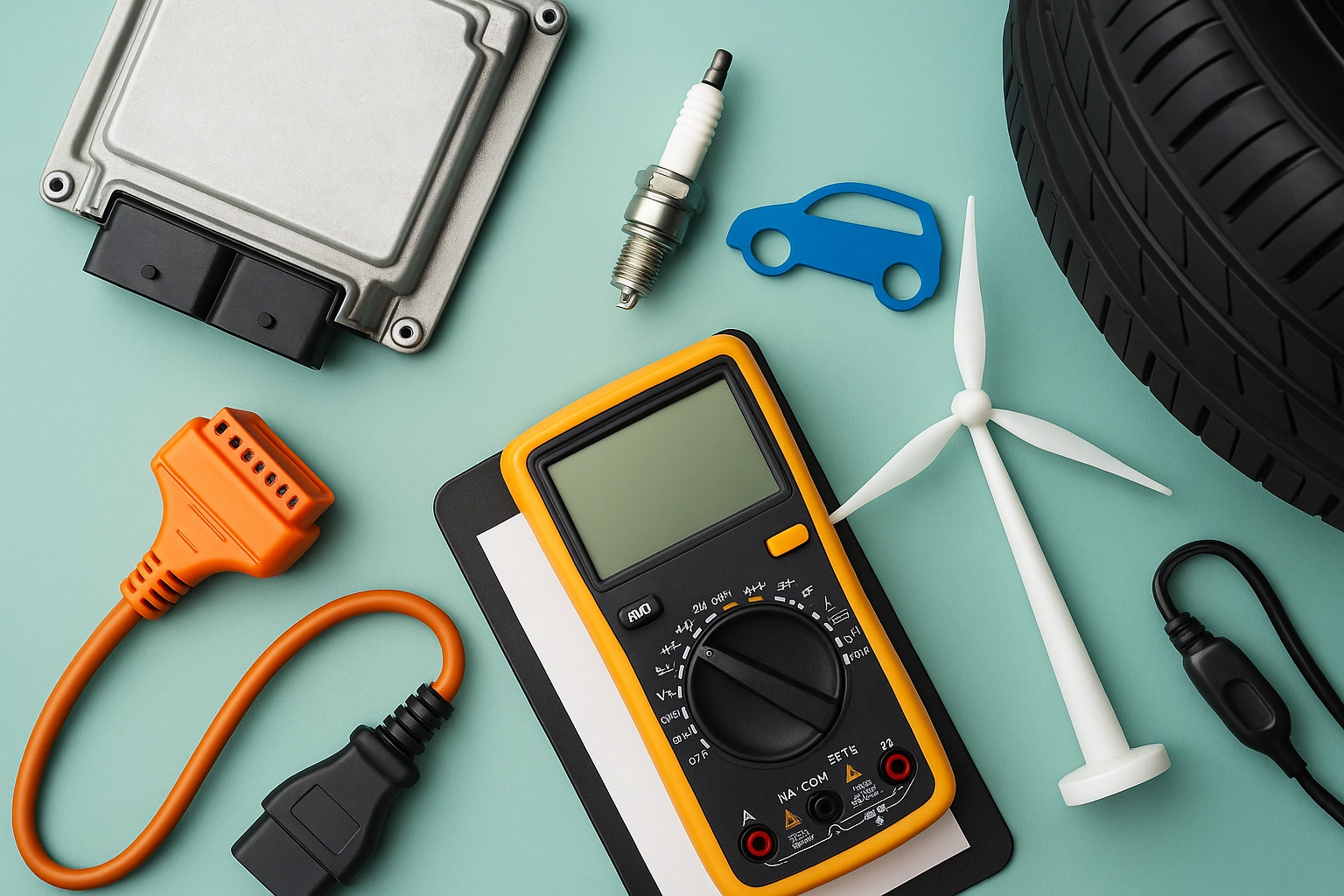ISO 12405 4 EV Battery Abuse Resistance Testing
The ISO 12405 series of standards is dedicated to ensuring the safety and reliability of electric vehicle (EV) batteries. Specifically, ISO 12405-4:2019 defines procedures for abuse resistance testing on lithium-ion cells used in EVs. This test evaluates how well a battery cell withstands extreme conditions that could occur during its lifecycle, such as overcharging, mechanical impacts, and thermal stress.
The importance of this type of testing cannot be overstated given the increasing demand for electric vehicles. Safety is paramount not only to ensure consumer trust but also compliance with international regulatory standards. EV manufacturers must demonstrate that their batteries meet rigorous safety requirements before they can enter the market. Our laboratory adheres strictly to these standards, providing accurate and reliable test results.
The testing process involves subjecting a battery cell or module to various abuse conditions in controlled environments. These tests simulate real-world scenarios where a battery might experience unusual stressors that could compromise its integrity. By identifying potential weaknesses early on, manufacturers can make necessary adjustments to improve overall product quality and safety.
Our laboratory uses state-of-the-art equipment capable of replicating these harsh conditions with precision and repeatability. The testing apparatus includes specialized chambers designed to simulate high temperatures (up to 150°C), deep discharge cycles, and mechanical impacts up to 20G force. Our team of experienced engineers ensures that each test is conducted under strictly controlled parameters to ensure accurate results.
The outcome of these tests provides valuable insights into the durability and reliability of EV batteries. This information is crucial for both manufacturers and consumers alike as it helps establish confidence in the safety and longevity of electric vehicles. Compliance with ISO 12405-4 ensures that all components meet stringent global standards, thereby enhancing market acceptance.
In summary, ISO 12405-4 EV Battery Abuse Resistance Testing is an essential step towards ensuring the safe operation of electric vehicles. By simulating extreme conditions and evaluating battery performance under these scenarios, we help manufacturers produce reliable products that can withstand the rigors of everyday use.
Applied Standards
The testing procedure outlined in ISO 12405-4 is designed to be comprehensive yet precise. The standard specifies four main types of abuse tests:
- Overcharge Test: This test evaluates the battery's ability to handle excessive charging currents without sustaining damage.
- Thermal Abuse Test: During this test, batteries are subjected to high temperatures (up to 150°C) for extended periods. It assesses their stability and performance under extreme heat conditions.
- Mechanical Impact Test: Batteries undergo forceful impacts using weights or drop tests. This simulates potential damage from accidental collisions during vehicle operation.
- Deep Discharge Test: This involves fully discharging the battery to its lowest capacity level and then charging it back up again multiple times. It helps determine how many cycles a battery can sustain before degrading significantly in performance.
To ensure consistency across different manufacturers, ISO 12405-4 also establishes uniform guidelines for sample preparation, testing procedures, and data analysis methods. Compliance with these standards guarantees that the results obtained from our laboratory are reliable and comparable worldwide.
Scope and Methodology
| Abuse Type | Parameter | Conditions |
|---|---|---|
| Overcharge Test | Charging Current | 1.2 × Nominal Charging Current for 8 hours |
| Thermal Abuse Test | Temperature Range | 35°C to 70°C over 4 hours |
| Mechanical Impact Test | Impact Force | 20G force applied at specific points |
| Deep Discharge Test | Discharge Depth | 100% depth of discharge repeated 3 times |
The methodology for conducting ISO 12405-4 tests is straightforward yet rigorous. Each test begins with proper preparation of the battery samples, ensuring they are in optimal condition before being subjected to abuse conditions. During overcharge testing, we monitor voltage changes closely while maintaining controlled temperature levels throughout the duration of the test.
For thermal abuse, batteries are placed inside an oven set at 150°C for four hours, with continuous monitoring to ensure no overheating occurs. Mechanical impact tests involve dropping weights onto specific areas of the battery pack repeatedly until specified force thresholds are reached. Finally, deep discharge cycles simulate real-world usage patterns by fully discharging the batteries several times.
Throughout all stages of testing, our team documents every detail meticulously. Data collected during these experiments provides crucial insight into each battery's behavior under abusive conditions. After completion of all tests, we analyze the data to determine whether or not the tested units met the required performance criteria specified by ISO 12405-4.
Why Choose This Test
- Compliance with International Standards: Ensures adherence to global regulations, enhancing market access for EV manufacturers.
- Rigorous Testing Procedures: Utilizes cutting-edge equipment and methodologies to simulate real-world stressors accurately.
- In-depth Data Analysis: Provides comprehensive insights into battery performance under abusive conditions, aiding in continuous improvement efforts.
- Expertise and Experience: Our team consists of highly skilled professionals with extensive experience in automotive testing. They bring valuable expertise to every project they undertake.
- Timely Reporting: Results are delivered promptly after completion of the test cycle, allowing for rapid decision-making processes within development teams.
- Certified Facilities: Equipped with ISO 17025 accreditation, our laboratory adheres to strict quality control measures ensuring accurate and reliable results.
- Custom Solutions: We offer tailored testing programs based on specific client requirements, offering flexibility in addressing unique challenges faced by different organizations.
The combination of these factors makes ISO 12405-4 EV Battery Abuse Resistance Testing an indispensable tool for any manufacturer aiming to produce safe and reliable electric vehicles. By investing in this type of testing early on, companies can save time and money later down the line by avoiding costly recalls or safety issues.





